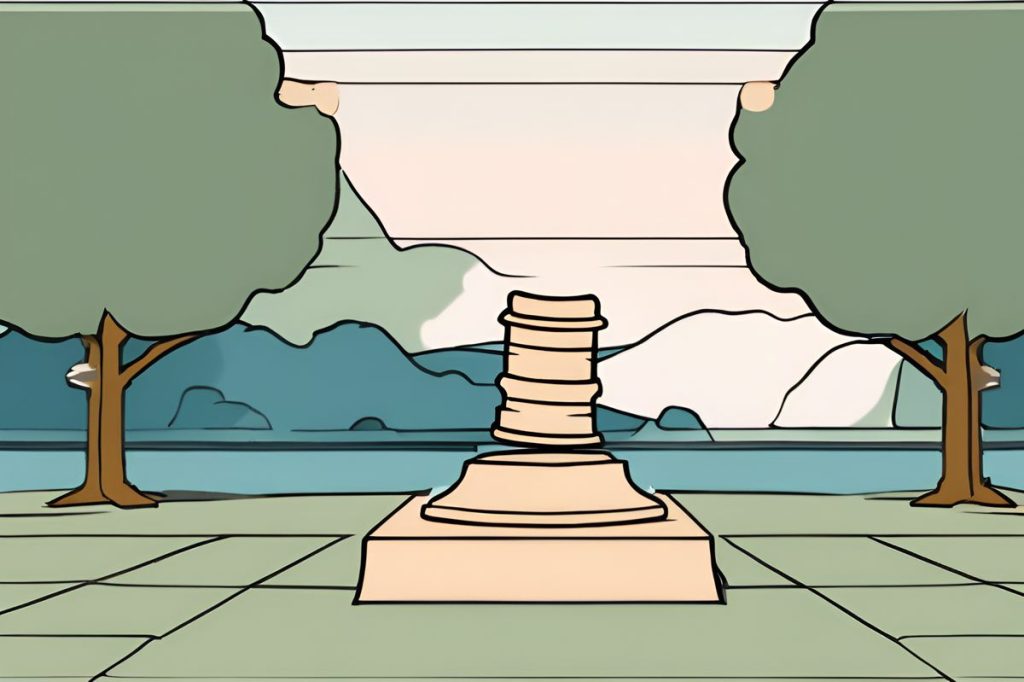The Supreme Court has struck down police promotion legislation passed by the House on May 11, 2024, ruling it unconstitutional for violating the principle of equality. This law, which allowed fast-track promotions based on specialized service, faced scrutiny from President Nikos Christodoulides before its rejection, underscoring the need for fairness in police ranks.
Why did the Supreme Court strike down the police promotion legislation?
The Supreme Court struck down the police promotion legislation because it violated the fundamental principle of equality within the constitution. The law allowed for fast-track promotions based on service in specialized roles, which the Court ruled as unconstitutional.
Unconstitutional Promotion Practices
In a recent landmark decision, the Supreme Court has made a clear statement regarding police promotions. The legislation, which was initially passed by the House on May 11, 2024, has been found to be out of step with the country’s constitution. According to the Supreme Court, the law violated the fundamental principle of equality, leading to its unanimous rejection. This is a significant setback for the law, which had been previously referred to the court by President Nikos Christodoulides for review.
The crux of the matter lies in the amendment the law proposed to the existing statutes governing the police force. The amendment would have allowed the police chief, with the approval of the justice minister, to appoint specialized officers directly. This fast-track promotion would only be available to officers who had served in certain capacities, such as a rescuer or winch operator, for a decade and accumulated a minimum of 800 flight hours in police aircraft. A further promotion to sergeant required 18 years in the same role and at least 1,000 flight hours. The Supreme Court’s ruling has been forwarded to the President and Parliament, leaving the ball in their court to take the next steps.
The Criteria for Promotion
The legislation in question included not just provisions for promotion based on service and flight hours, but it also introduced a clause for the promotion of specialized officers by the police chief’s discretion. This discretionary power was subject to the condition that the officer in question was not considered unsuitable for the promotion. The cabinet was tasked with the development of regulations outlining the terms and procedure for such promotions.
This move towards what some might consider a merit-based appointment system seemed to be an attempt to recognize the unique skills and contributions of police officers serving in specialized roles. However, the introduction of such a system also brought to the fore questions about the fairness and transparency of the promotions process. The Supreme Constitutional Court’s decision to strike down the law suggests that these questions were not adequately addressed, and the proposed changes were found to be incompatible with the ethos of equality that underpins the constitution.
Implications and Reactions
With this ruling, the Supreme Court has reaffirmed the importance of equality within the ranks of the police force. This decision is likely to have profound implications for how promotions are handled within the police force and could prompt a broader examination of merit-based promotion systems in other areas of the public sector. It also sends a clear message that all legislation, irrespective of intent, must align with the principles of fairness and equality enshrined in the constitution.
The response to the Supreme Court’s decision has yet to fully unfold. It remains to be seen how the President and Parliament will react to this ruling and whether new legislation will be drafted to address the court’s concerns. What is clear is that in the interim, the existing system for police promotions will remain in place, pending any future amendments that can pass constitutional muster.
Why did the Supreme Court strike down the police promotion legislation?
The Supreme Court struck down the police promotion legislation because it violated the fundamental principle of equality within the constitution. The law allowed for fast-track promotions based on service in specialized roles, which the Court ruled as unconstitutional.
What were the criteria for promotions outlined in the legislation?
The legislation proposed that promotions could be fast-tracked for officers who served in specialized roles, such as a rescuer or winch operator, for at least a decade and accumulated a minimum of 800 flight hours in police aircraft. Further promotion to sergeant required 18 years in the same role and at least 1,000 flight hours. The police chief would have had the discretion to promote specialized officers, provided they were deemed suitable.
What implications does the Supreme Court’s ruling have for police promotions?
The ruling reaffirms the importance of equality within the police force and is likely to reshape how promotions are handled moving forward. It may lead to a broader examination of merit-based promotion systems in other public sectors, ensuring that all legislation aligns with the principles of fairness and equality enshrined in the constitution.
What happens next after the Supreme Court ruling?
The ruling has been forwarded to President Nikos Christodoulides and Parliament for review. It remains to be seen how they will respond and whether new legislation will be drafted to address the court’s concerns. In the interim, the existing system for police promotions will remain in place until any constitutional amendments are proposed and potentially enacted.

